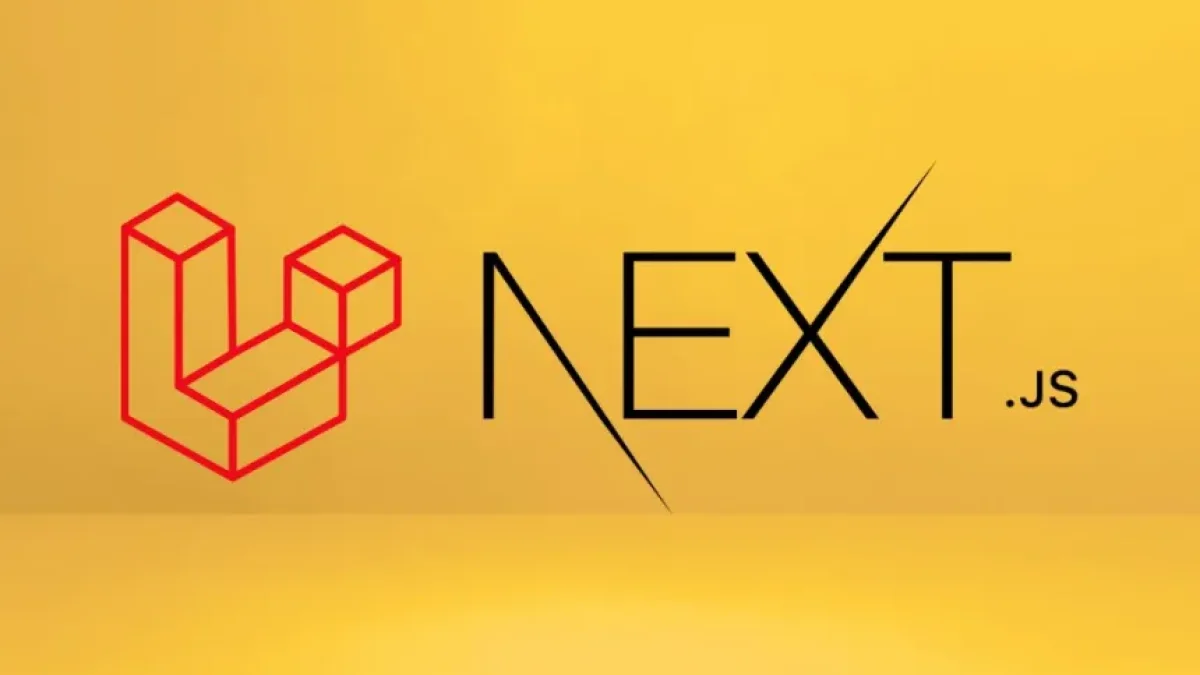The combination of Laravel and Next.js has gained momentum in web application development due to its efficiency and versatility. Recently, a starter kit has been released that allows for easy integration of these two technologies, enabling developers to create applications with server-side rendering (SSR). This article provides insights on how to leverage this synergy in your projects.
What are Laravel and Next.js?
Laravel
Laravel is a PHP framework that has revolutionized the way web applications are developed. It offers a range of robust tools and features that simplify common tasks such as authentication, route management, and database connectivity. With an active community and abundant documentation, Laravel becomes an ideal choice for developers looking to build robust and scalable applications.
Next.js
On the other hand, Next.js is a React-based framework that allows developers to create fast, SEO-optimized applications. Its focus on server-side rendering helps improve performance and provides a smoother user experience. Due to its flexibility, Next.js has become popular among those looking to create modern and dynamic applications.
Introduction to the New Starter Kit
The recent starter kit combines Laravel and Next.js, making it easier for developers to create applications that leverage the best features of both technologies. This kit focuses on providing a simple yet powerful starting point for development, integrating the Laravel API with the Next.js structure for content management.
Advantages of Using Laravel with Next.js
Improved Performance
One of the main advantages of using Laravel and Next.js together is the improvement in application performance. With Next.js's server-side rendering, responses are quicker, and loading times are significantly reduced, resulting in a better user experience.
Simplified Development
The starter kit offers a clear structure that simplifies the development process. Developers can focus on the logic of their application without worrying about environment setup. Additionally, by integrating both technologies, communication between the frontend and backend is facilitated.
Scalability
As an application grows, it is crucial that the framework used allows for efficient scaling. Together, Laravel and Next.js offer the necessary flexibility to adapt an application to new market demands without compromising performance.
Getting Started with the Starter Kit
To start using the Laravel and Next.js starter kit, developers can follow the guide provided in the Medium article. This guide includes concrete steps for installation, configuration, and practical examples illustrating how to implement the key features of each framework.
The kit is designed to be user-friendly, even for those taking their first steps in development with these technologies. With solid documentation and community support, any developer can quickly start creating advanced applications.
Conclusion
The integration of Laravel and Next.js through this new starter kit offers an attractive option for developers looking to maximize the efficiency and performance of their web applications. With its focus on simplicity and scalability, this approach positions itself as a practical solution for modern development.
If you wish to delve deeper into similar topics and stay updated on the latest trends in web development, I invite you to explore more news on my blog. Don’t miss it!




















